If you’re like most martial artists, you can only attend class a few nights a week. And if you’ve been training for a while, you’ve noticed that’s likely not enough to let you catch up to some of the senior students. So how can you improve when you can’t train Karate at the dojo? You train Karate at home, of course!
Generally speaking, there are many ways you can continue your karate training at home. Adding weight training, taking a yoga class, starting a sparring club, or cross training in a different style altogether can dramatically improve your karate performance.
Of course, you won’t improve at all if you haphazardly dive into solo training. Keep reading and see exactly how to create your own at home karate training plan.
Have a Plan!
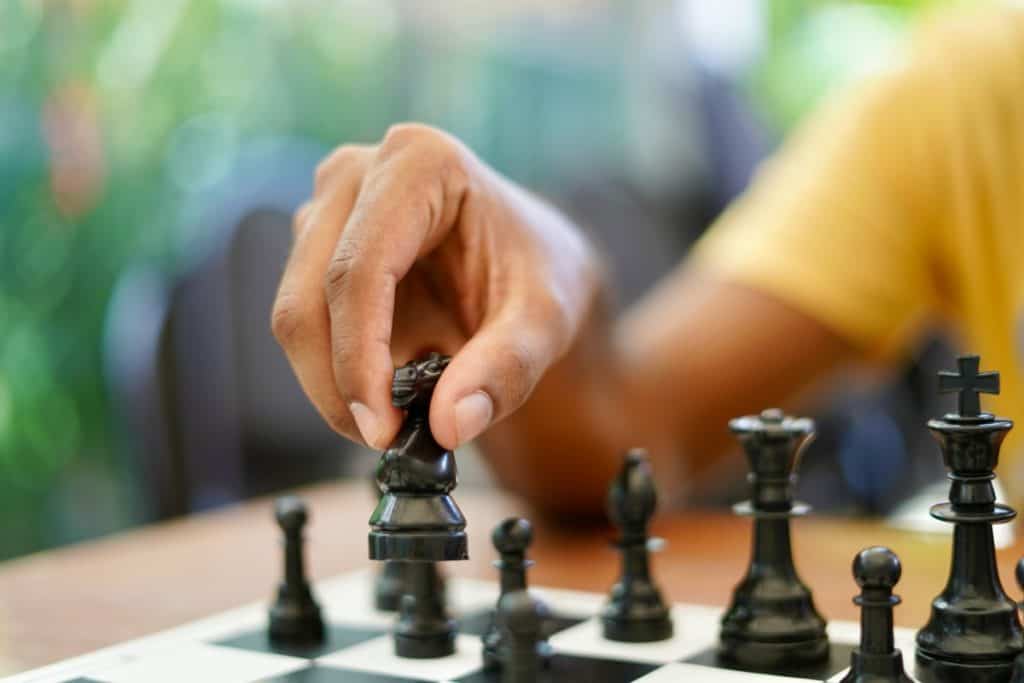
Wanna know the surest way to fail when attempting to train solo? Go into your backyard and say to yourself, “Well, I guess I’ll do some punches and kicks…“. This. Doesn’t. Work. Trust me (I’ve tried). What you need to do instead is figure out exactly what you’re trying to improve and build your solo training regimen around that.
Getting your butt kicked in sparring? Can’t kick high enough? Get winded too easily? Too skinny? Sloppy punches? Can’t remember your kata? There are a million and one things that you can improve by dedicating some of your home time to training. But to improve any of them you need to pick one or two, focus on them, and forget the rest.
Let’s say you have trouble remembering your kata (common, if your style has many of them). Here is how you might attack this problem:
- Pick a time everyday – Before work? After school? Doesn’t matter as long as it is consistent.
- Choose one kata – Don’t try to practice all of them in the same day. Break them down individually and focus on only one each day.
- Observe – Record your sensei demonstrating the kata. Do this from 2 or 3 different angles. Watch this at full speed and half speed to pick up on subtleties you might miss.
- Get to it! – Practice this kata 10 times. First few times at half speed and intensity. Then perform at normal speed. The final two at full intensity, like this is a tournament exhibition.
- Tip – Wear your gi. It will help you stay in the training mindset.
Get Flexible!
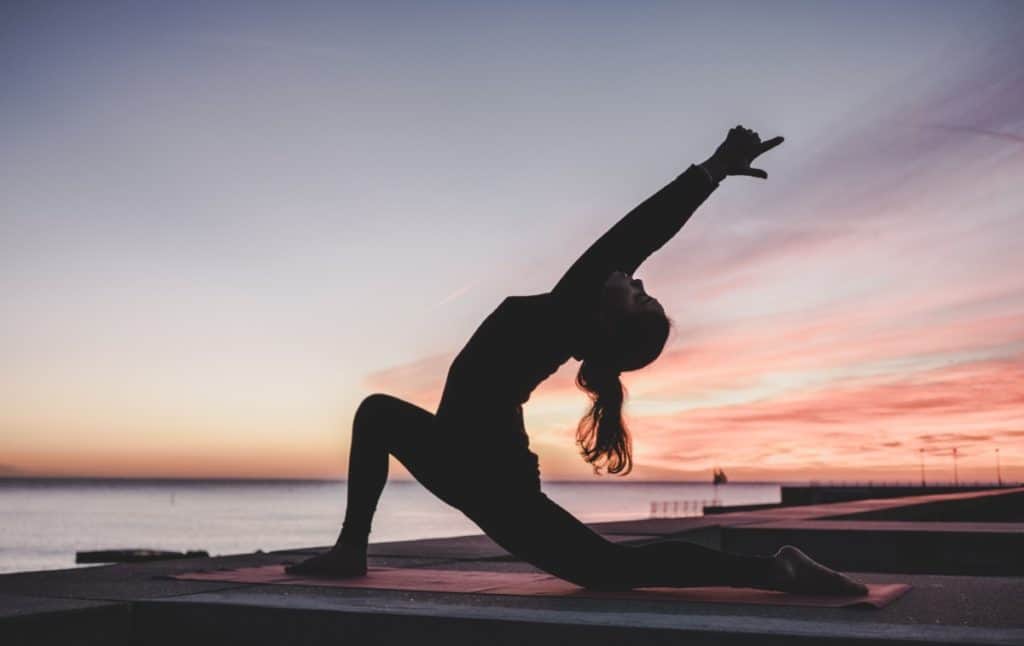
If you’re not flexible, you will never master your art completely (and I say this as someone whose hips are sometimes about as flexible as rebar!). But even for styles where great flexibility is not required, having a supple body will make you faster, more agile, and less prone to injury. There is simply no reason not to devote a small portion of your at home training time to flexibility.
Or, if you have the time, enroll in a yoga class. There are many types of yoga, some more religious and some completely lacking any spiritual element at all. Find one that is compatible for you and try it for 30 days. You will be hurting for the first couple days, stretching and holding your body in new and unusual poses, but after a month you will be amazed at how your Karate will improve.
Pick a Fight!

Maybe your dojo doesn’t spar enough. Or maybe your dojo spars plenty but you feel like you need some extra training. Or maybe you just like fighting! Either way, starting a “fight club” is a great way to improve your Karate at home. Get a few friends from the dojo, find a public park, wear your protective gear, and get to it.
The real benefit of having your own sparring club is that you can explore tactics, tricks, and techniques that your sensei might not be teaching (or maybe he doesn’t even know). And, if you’re the sneaky type, you might even invite a few guys from a different style altogether. Won’t that surprise your dojomates when you start breaking out with techniques from Muay Thai, Jeet Kun Do, or Krav Maga? In fact, you might be wise to take it one step further…
Cheat on Your Sensei!
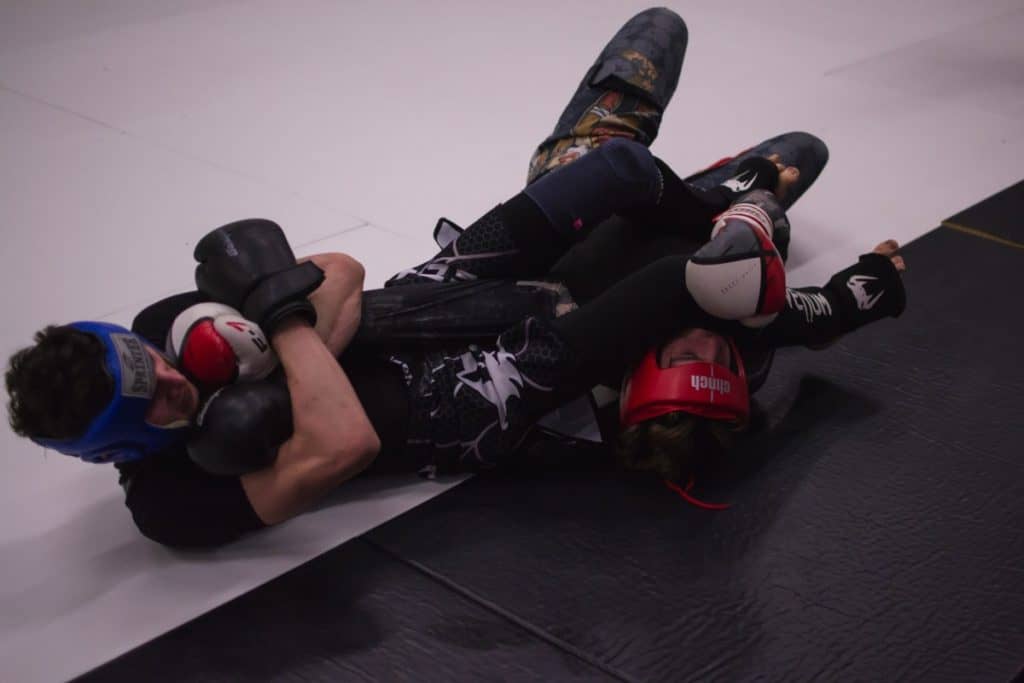
You might be completely in love with Karate, but who is to say you can’t flirt with another style? Some might balk at the idea of training in a different style to improve your karate, but I think it’s not only foolishly romantic, but also completely ahistorical when you consider that Karate itself originated as a blending different martial arts, most notably Chinese Kung Fu, and the Okinawan style simply called “Ti” (Hand).
Now, since there are potentially hundreds of styles you might choose to cross-train in, I’d recommend choosing one that compliments the reason you are in Karate to begin with. If you’re in it for self defense then try something like Krav Maga or a grappling style like BJJ. If it’s competition, maybe Muay Thai or Taekwondo. When you’ve chosen your style, talk to the coach and tell him your situation. I doubt he’ll have any problem with a part-time student like you looking to broaden his martial horizons.
Get Jacked, Bro!
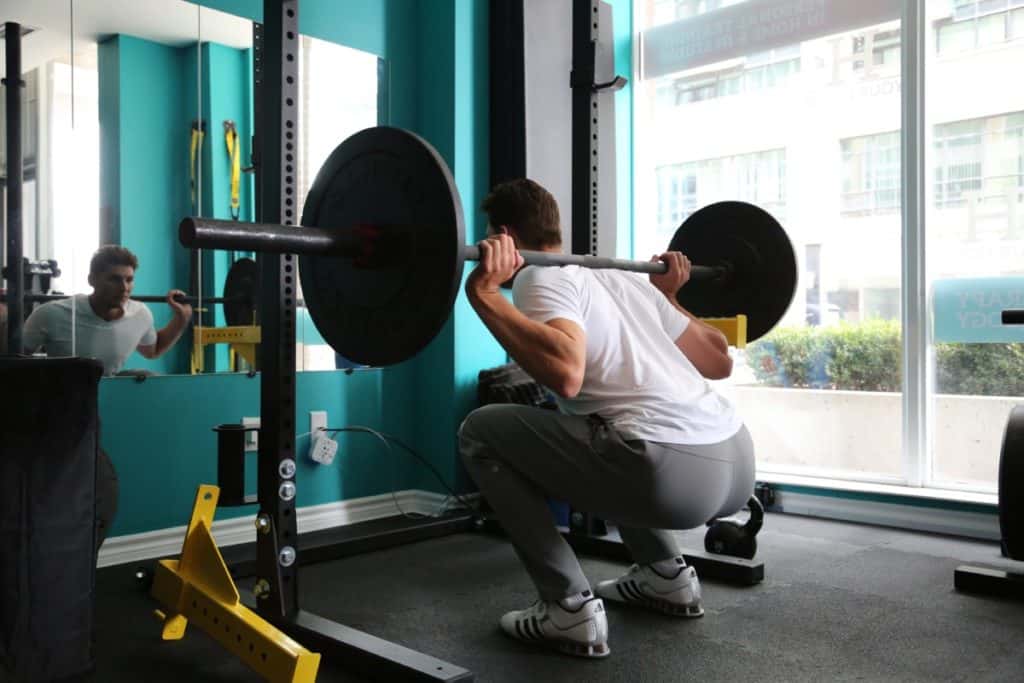
Improving your Karate isn’t only about technique though, you will also need more power! One of the best ways to punch harder is to get physically stronger. And the most efficient way of doing that is to start lifting weights. And contrary to the myth that many people still hold, getting muscled will not slow you down. Quite the contrary, in fact.
Building muscle won’t only improve your offense, but also your defense. With a thicker layer of muscle on your body you’ll be able to shake off the kinds of blows that would leave you reeling before.
Now the world of weight lifting has as many “paths” as the world of martial arts, so let me just tell you what I found to be both efficient and effective. Pick something basic like “Starting Strength” or “5×5“. Don’t bother with weird supplements or pills (though I’m not against a basic protein powder), and limit your weight training to 3 times a week.
You should also look at weight training as something that needs to be studied and improved, like any martial art. This is absolutely necessary because of the physical danger that reckless or overzealous training can put you in. Don’t forget, Bruce Lee didn’t break his back fighting, he did it under a barbell…
Gear Up!
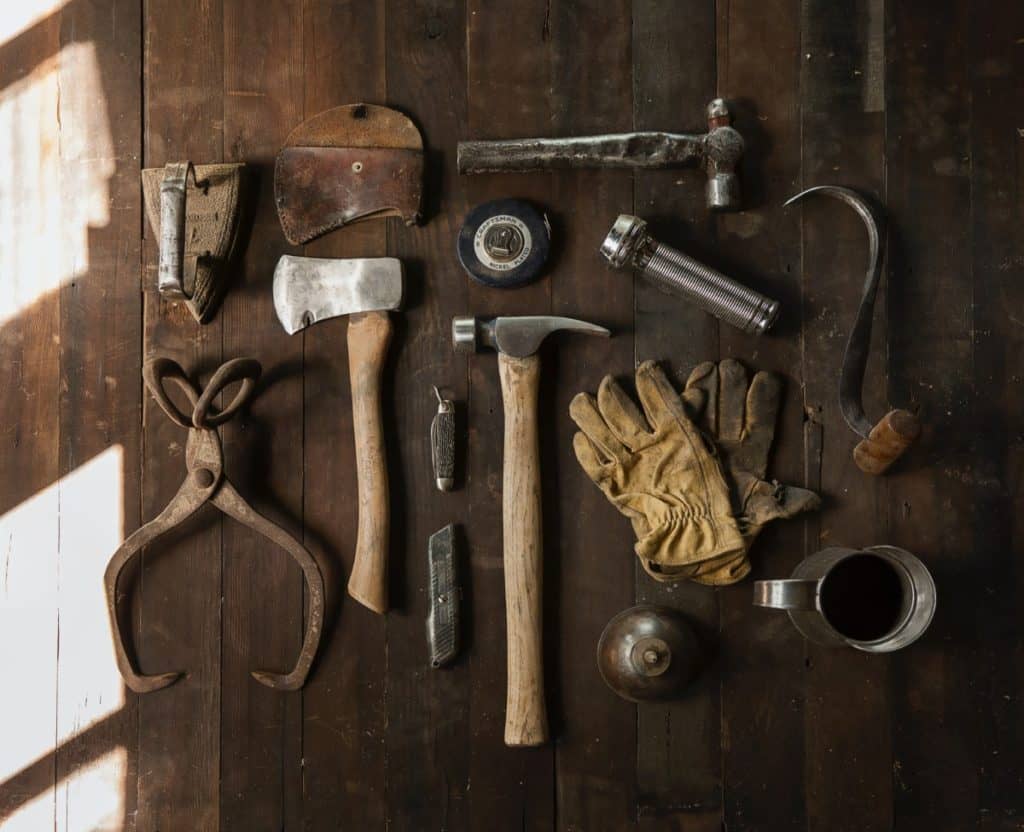
If you’re serious about training your Karate at home you’re going to need at least some basic equipment. Here is a basic “starter pack”:
- Punching Bag – Great for developing power for your strikes.
- Portable Mat – If you’re practicing throws, take downs, or grappling, then this is your new best friend.
- Kicking Pad – Unless you want your friend kicking you, better give him this target instead.
- Punching Pads – Great for working on combinations.
- Basic Body Protection – A spare set of gloves, groin cup, mouth guard, etc.
- Athletic Shoes – Your Karate will feel very different when you’re wearing shoes. Strongly recommended, especially for the self defense oriented.
- A Notebook – No joke. Buy a notebook and log your at-home training. Keep track of not only what you’re doing, but what you’re eating, how much you’re sleeping, how your body is feeling before and after each session. Then go back at the end of each month and review. You’ll be amazed at what you can learn with that kind of data.
You don’t have to buy it all up front, of course. Choose your equipment that is going to support your supplemental training plan. No need for a yoga mat if you’re only starting a fight club.
Cheat on your Sensei Some More!

One last tip to help you improve your Karate at home: read. You and I are fortunate to live in an era where almost anything you might want to learn is literally at our finger tips. And this includes methods of improving our martial arts performance outside the dojo, as well. Since you’ve already spent some money on equipment, you should devote a few dollars to buying some at-home training guides. Having a variety of these books in your collection will provide you with hundreds of tips and tactics to improve your karate. One of my favorite authors in this area is Loren Christensen who has published many such books. You might even try some of his fiction, too!
And if you’re on the cheap side, like me, you will also find that there are many excellent coaches who are happy to put all their best stuff on Youtube. One such channel that I’ve loved for a very long time is Karate Culture:
Final Round
By now you can tell that there are many ways you will be able to improve by taking your karate training at home. Whether that improvement will come from more sparring, greater flexibility, building muscle, or cross training is up to you. Now pick one and pursue it!
Photo Attribution:
- Photo by Thao Le Hoang on Unsplash
- Photo by Praveen Thirumurugan on Unsplash
- Photo by kike vega on Unsplash
- Photo by Pavel Danilyuk from Pexels: https://www.pexels.com/photo/a-man-kicking-another-man-on-the-face-6295987/
- Photo by Vladislav Bychkov on Unsplash
- Photo by Sergio Pedemonte on Unsplash
- Photo by Todd Quackenbush on Unsplash
- Photo by Aaron Burden on Unsplash
